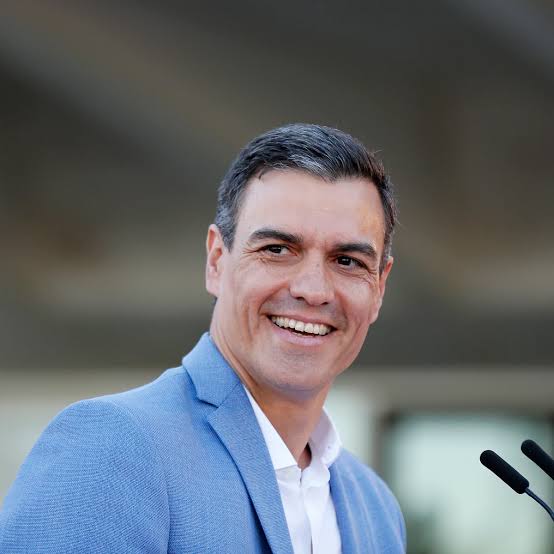MADRID, (Reuters) – Spain’s parliament voted to make Pedro Sanchez prime minister for another term on Thursday, ending a protracted deadlock after an inconclusive general election in July.
His Spanish Socialist Workers’ Party (PSOE) reached separate deals with a number of regional parties to earn their backing, including a contentious bill on amnesty for Catalan separatists that has sparked protests across Spain.
Sanchez had 179 votes in favour and 171 against, with no abstentions.
His confirmation as premier ends months of uncertainty. Alberto Nunez Feijoo, a candidate with the conservative People’s Party (PP), won the most seats but failed to secure enough support from other parties in his own bid to lead the country.
It also represents a remarkable turnaround for Sanchez, who six months ago felt compelled to call a snap election after his party performed poorly in regional elections. Polls suggested he would be voted out of government but his party staged a late rally and managed to contain a surge from the PP.
German Chancellor Olaf Scholz congratulated Sanchez on social media platform X.
“It is good that we can continue to work side by side,” Scholz said. “We see many challenges in the world from a very similar perspective.”
European Commission President Ursula von der Leyen said she looked forward to working to address important challenges faced by the EU while Ukrainian President Volodymir Zelenskiy also sent his congratulations
The amnesty bill, which was registered in parliament on Monday, has angered many Spaniards. It proposes exculpating politicians and activists who took part in an attempt to separate Catalonia from Spain that reached its apex in 2017.
PROTESTS
As the vote was completed, some of the 400 protesters outside parliament shook barricades erected by police and shouted their dissent.
Javier, 25, of the youth group Revuelta linked to Vox, said protests would continue outside PSOE headquarters in Madrid on Thursday night.
Alberto Nunez Feijoo, whose PP won the most seats in the July vote, walked across the chamber to shake Sanchez’s hand as leftist lawmakers applauded and cheered, while Vox party leader Santiago Abascal walked out.
Feijoo said he told Sanchez he was making a mistake for which he was responsible.
The European People’s Party (EPP) said on Thursday that the European Parliament had approved its request for a debate next week on whether the amnesty threatens judicial independence in Spain.
Esteban Gonzalez Pons, vice secretary of the PP, said the fact that Spain’s rule of law would be debated was a “humiliation for Spain’s prestige.”
Sanchez will continue to depend on regional parties to pass key legislation, which will require “continuous negotiation and strict adherence to the agreements, especially in the case of the Catalan separatists,” Thinking Heads, a Madrid-based think tank, said in a report.
While the Socialists say the deals include a guarantee of “stability” in the legislature, there is no formal agreement to support the budget. It will be negotiated “in good faith”, according to a senior Socialist source.
“If progress is not made, we will not endorse any initiative put forward by your government,” Junts parliamentary spokesperson Miriam Nogueras warned on Wednesday.
Feijoo described Sanchez as being “subject to a monthly contract with separatists” to be able to govern.
Sanchez has pledged to extend measures to help Spaniards with the cost of living by making public transport free for the unemployed and young people as well as providing mortgage relief for some home owners.
Sanchez’s attention will now turn to naming a new cabinet. Key among his considerations will be whether to retain Nadia Calvino as his economy minister since she is also the frontrunner to be named as the next head of the European Investment Bank.
